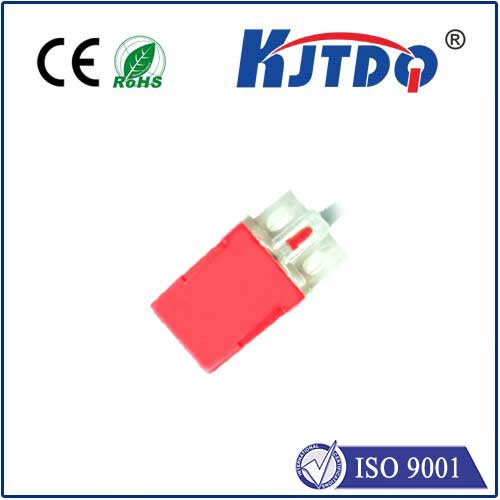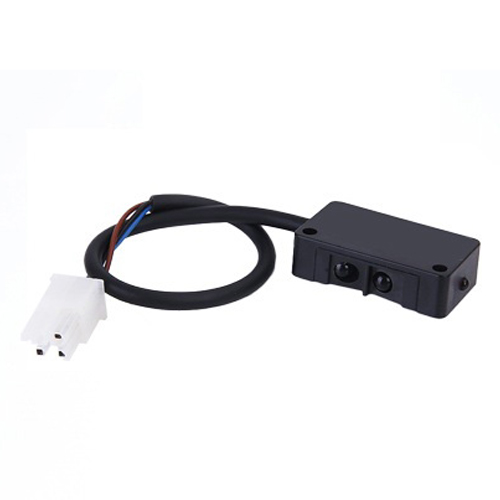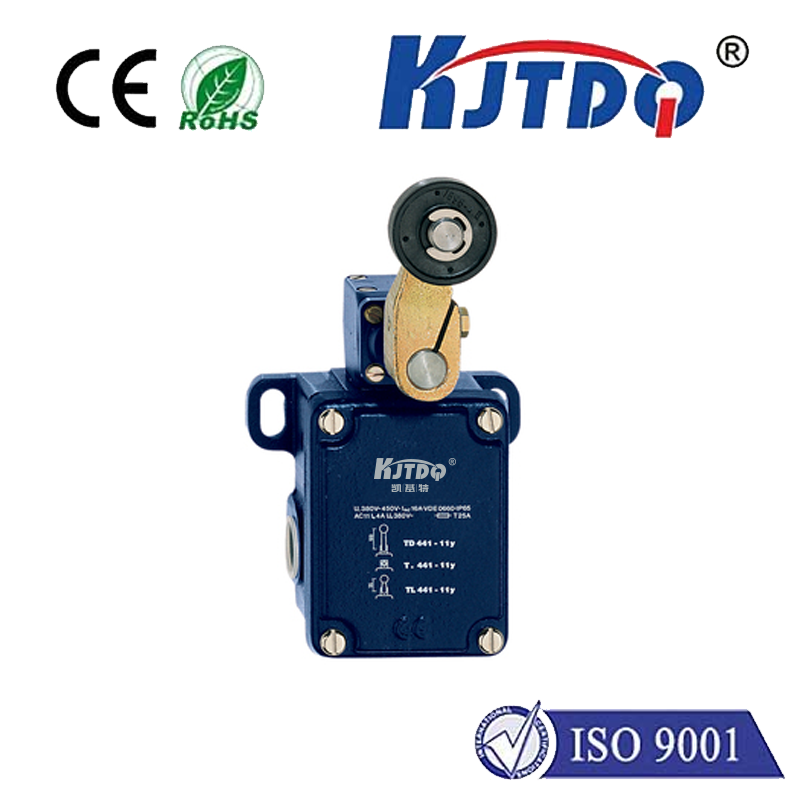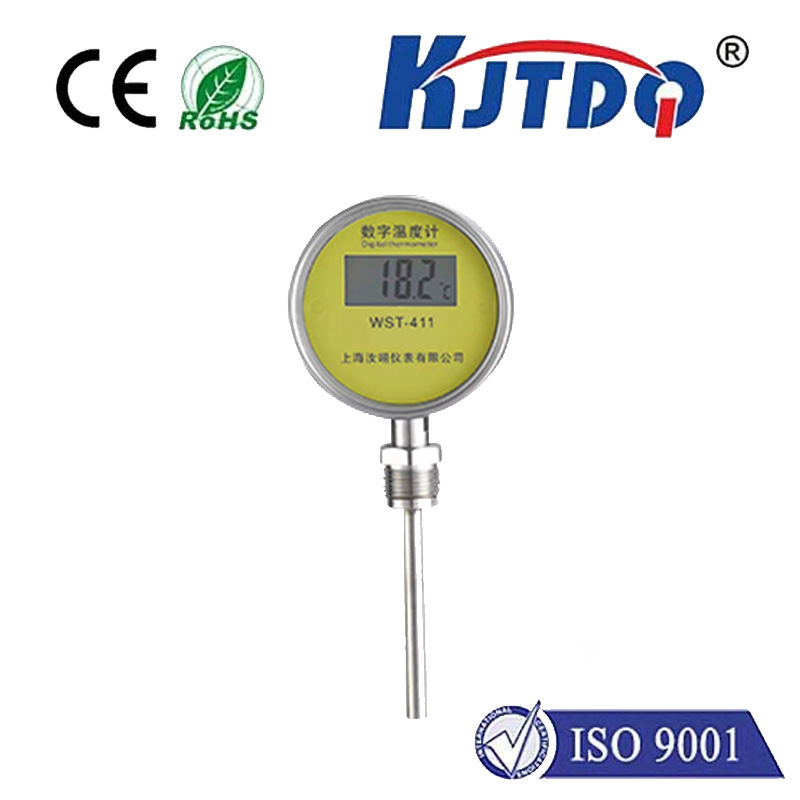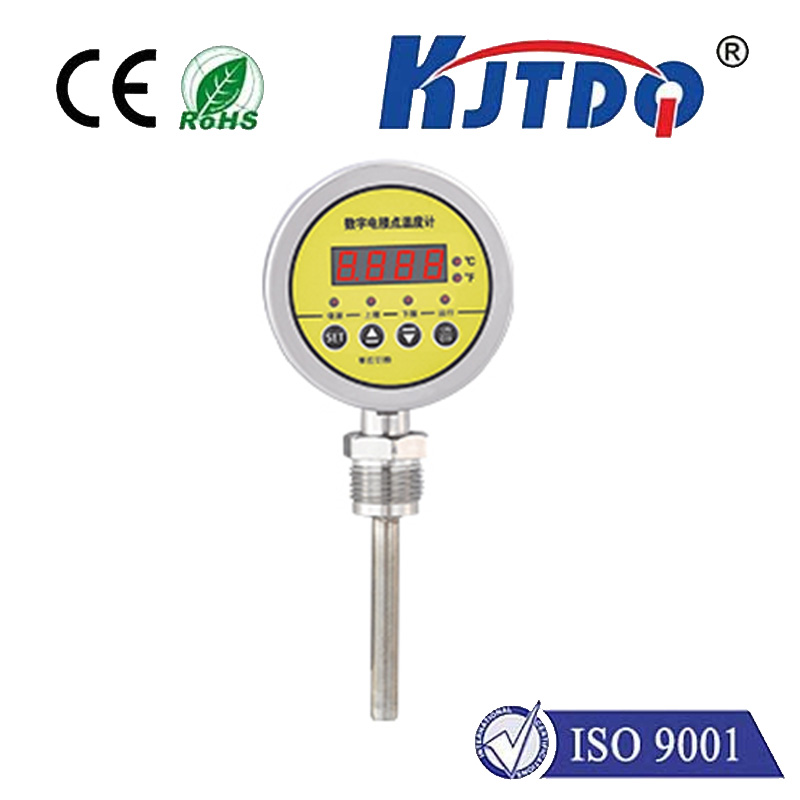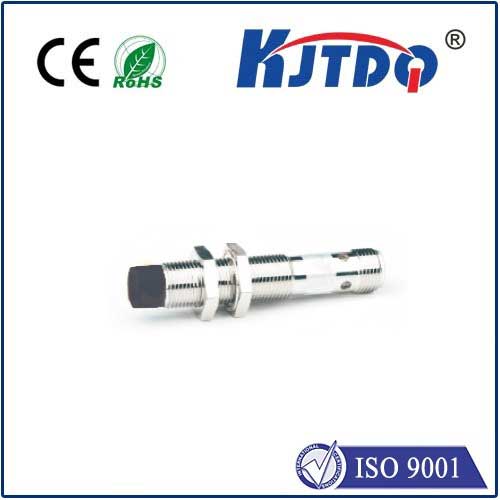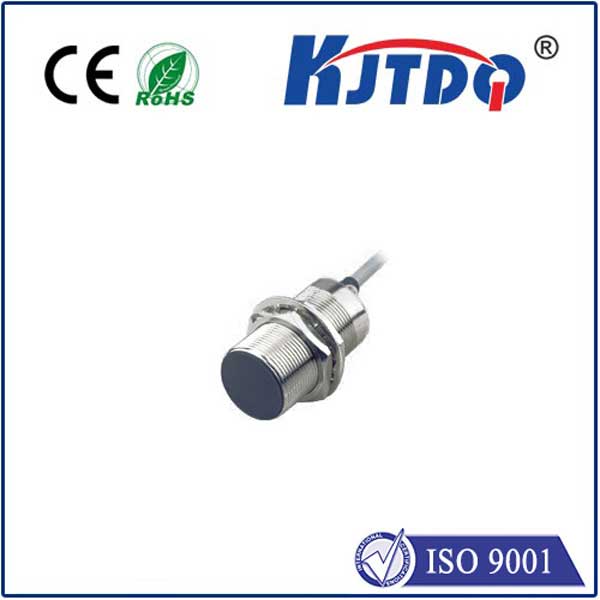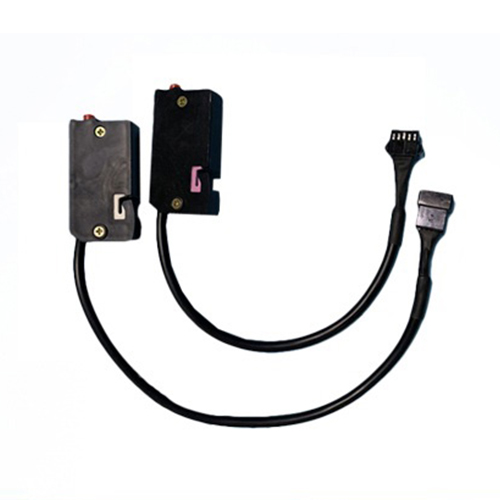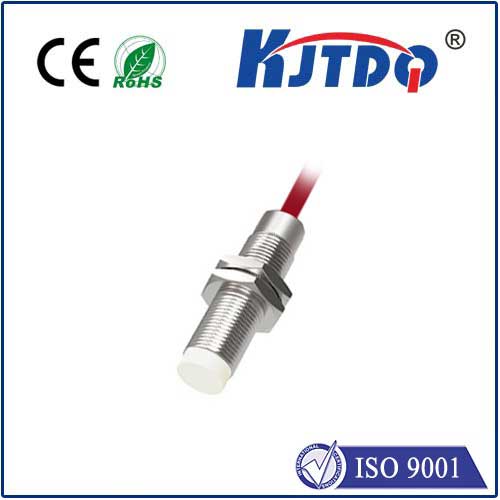

check

check

check

check

check

check

check

check

check

check
DC Micro Switch: A Tiny Powerhouse in Electronics
The DC micro switch, known for its compact size and precision performance, plays a pivotal role in various electronic systems. These miniature powerhouses are designed to trigger or interrupt circuits with the slightest physical change, making them indispensable components across numerous industries.
**Applications of DC Micro Switches**
DC micro switches have widespread applications due to their ability to detect minute changes. These switches are often used in automatic control systems such as machinery limiters, where they monitor the position of mechanical components. For instance, in production lines, micro switches can signal when a conveyor belt has reached its end point, prompting the system to either reverse direction or halt operations.
Furthermore, in the automotive industry, these switches serve as crucial sensors that detect door closures or seat positions, thereby controlling the behavior of other safety mechanisms like airbag deployment systems. The responsiveness and reliability of these switches ensure passenger comfort and safety.

**Technical Features and Benefits**
One of the technical features of DC micro switches is their small contact distance, which allows for quick response times. This characteristic is vital in environments where split-second reactions can affect overall performance and safety. For example, high-precision manufacturing equipment relies on these switches to maintain synchronization within complex mechanical choreographs, ensuring efficient output.
Additionally, the design of DC micro switches includes a protective casing that shields the internal mechanisms from environmental factors such as dust, moisture, and mechanical shock. This durability makes them suitable for harsh conditions, expanding their utility across a range of settings from construction sites to medical devices.
Maintenance and Troubleshooting Tips
To ensure optimal performance, regular maintenance of DC micro switches is essential. This involves periodic cleaning of the contacts to prevent oxidation and corrosion, which can impair the switch's sensitivity. Moreover, it is important to check for any visible damage to the casing or the actuator, as this can be an indicator of potential failure.
Should issues arise, troubleshooting typically starts with checking the continuity across the contacts using a multimeter. If a switch fails to conduct current, the problem could lie with the contact points or the internal spring mechanism. In such cases, it is advisable to replace rather than repair the switch, given its inexpensive nature and the risk associated with tampering with precision components.
**Integration with Modern Technologies**
In modern technology landscapes, the integration of DC micro switches into smart systems is becoming increasingly prevalent. In conjunction with IoT (Internet of Things) devices, these switches can transmit status changes directly to monitoring software, enabling remote surveillance and predictive maintenance strategies. For instance, in smart homes, micro switches can report the status of windows and doors to a central system, enhancing security and automation capabilities.
The Future of DC Micro Switches
As technology continues to advance, the demand for smaller, more efficient components grows. DC micro switches are expected to evolve with the introduction of materials that enhance their longevity and performance. Research into nanomaterials and new alloys may lead to even smaller switch designs without compromising durability or functionality. Furthermore, as automation and data acquisition become integral to modern industry, the importance of reliable switching mechanisms will only increase.
In conclusion, DC micro switches represent a fundamental building block in modern electronics, bridging the physical world with digital responses. Their compact size and precision operation make them invaluable in myriad applications, from heavy industry to consumer electronics. As technology propels us forward, the innovation and refinement of these tiny devices continue to play a crucial role in shaping our automated future.
